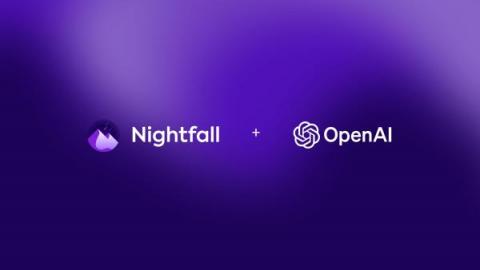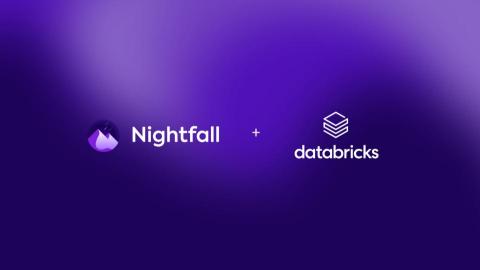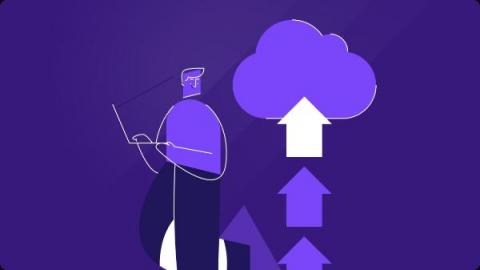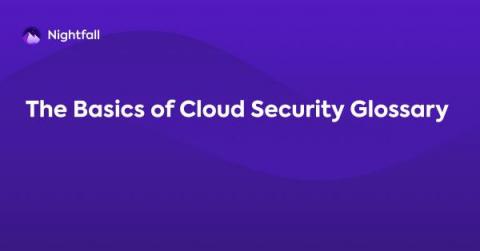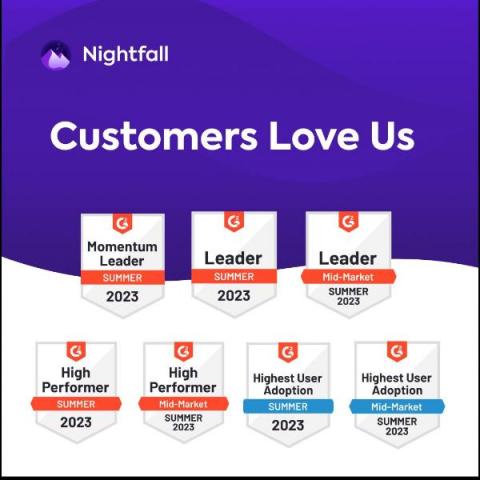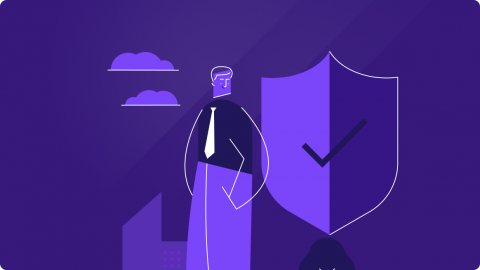Worried About Leaking Data to LLMs? Here's How Nightfall Can Help.
Since the widespread launch of GPT-3.5 in November of last year, we’ve seen a meteoric rise in generative AI (GenAI) tools, along with an onslaught of security concerns from both countries and companies around the globe. Tech leaders like Apple have warned employees against using ChatGPT and GitHub Copilot, while other major players like Samsung have even go so far as to completely ban GenAI tools. Why are companies taking such drastic measures to prevent data leaks to LLMs, you may ask?


